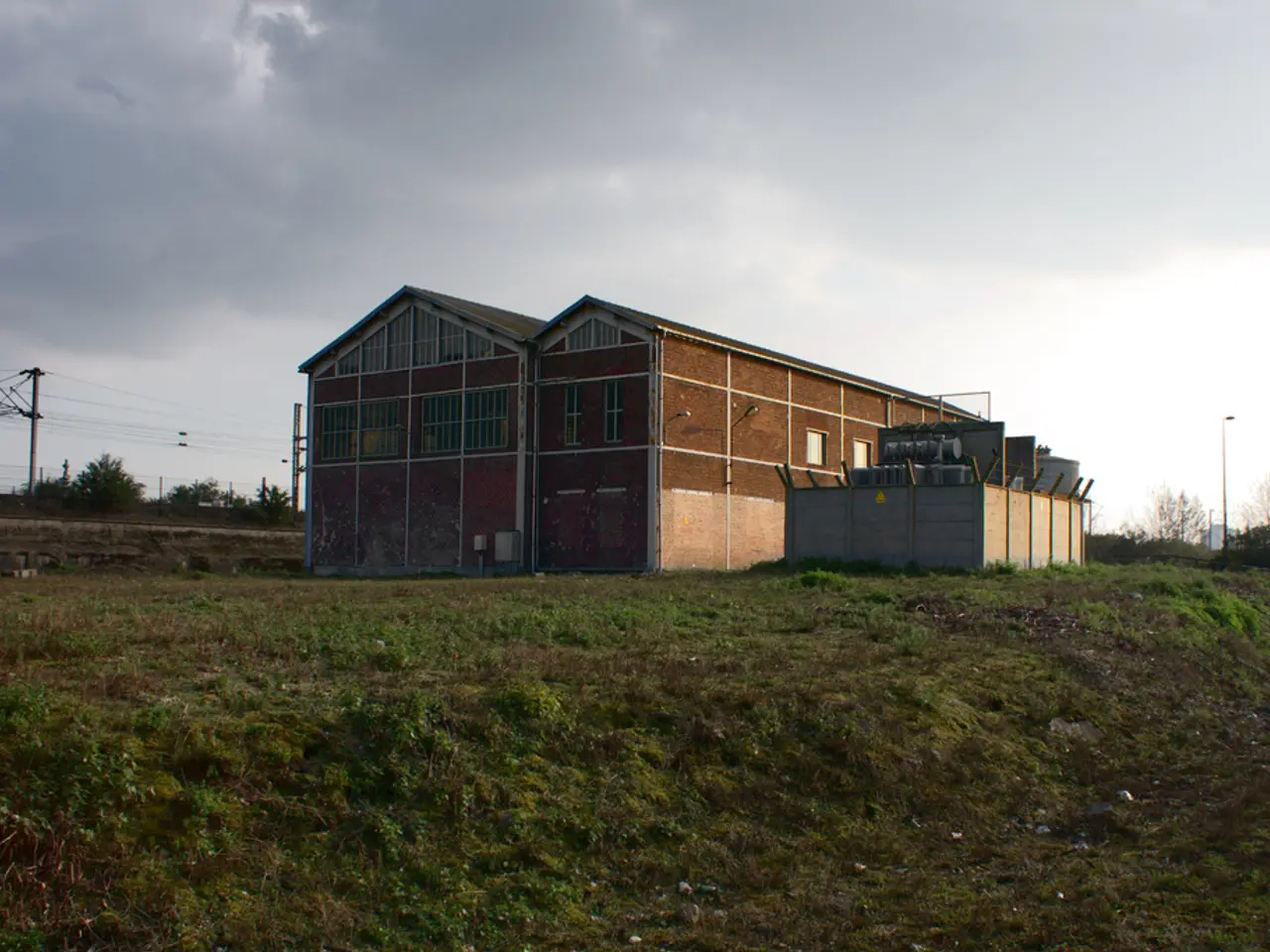Reform of care for disabled individuals faces delays in addressing 'complicated' housing situations
In a turn of events, the five-year reform plan introduced by the province of Nova Scotia in 2023 to decrease the number of people with complex disabilities living in temporary housing has failed to meet its target, with a significant increase in the number of Nova Scotians residing in temporary shelter arrangements (TSAs) instead[1][2].
The Disability Rights Coalition, led by Kim Long, vice chair, is expressing concerns about this growing trend and is eager to hear directly from families and individuals in temporary shelter arrangements to better understand their experiences[1]. The Coalition aims to gain a fuller understanding of the situation behind the numbers to inform their advocacy efforts.
According to Maria Medioli, director of the provincial disability support program, some of the growth in TSA numbers is due to people with "deeply complex issues" being discharged without a destination, leading to temporary shelter arrangements as an alternative to homelessness[1].
The Department of Social Development describes these TSAs as emergency placements when permanent housing options have been "explored and exhausted," typically involving an apartment with one-on-one care but no long-term improvement plan[1][2]. Harman Singh, director of the Breton Ability Centre—an agency involved in housing people with disabilities—has noted that the infrastructure and efforts to transition away from temporary housing are progressing slower than anticipated[1][2].
Some of these temporary shelter arrangements are lasting for years, with costs ranging from $150,000 to up to about $500,000 annually[1]. As of April 1, 2024, there were 146 people in temporary housing arrangements, a 49% increase from the previous figure[1].
The surge has occurred despite a plan by the province to decrease the use of temporary housing arrangements over the past two years[1]. The majority of temporary shelter arrangements are provided by five private-sector agencies, but the Department of Social Development has not conducted audits or reports on the safety and quality of care in these agencies[1].
There has been one complaint of financial irregularities by a private-sector provider that is currently being investigated, but no complaints of safety or quality problems have been reported[1]. The Disability Rights Coalition has not specified a timeline for their investigations or advocacy efforts.
The province's five-year plan for the care and housing of people with disabilities, which commits over $200 million in spending over the first two years, is still ongoing[1]. The plan aims to provide better support to people with complex disabilities and to reduce their reliance on temporary housing solutions.
[1] The Canadian Press, July 28, 2025 [2] Unspecified sources
- The health and wellness of numerous Nova Scotians living in temporary shelter arrangements (TSAs) remain a significant concern due to the failed five-year reform plan.
- Chronic kidney disease, COPD, type-2 diabetes, and other chronic diseases may be among the medical conditions affecting those residing in TSAs.
- Respiratory conditions such as COPD could exacerbate in TSAs, requiring fitness and exercise, diet, and therapies and treatments for better management.
- Digestive health is another area of concern, potentially impacting nutrition and necessitating close monitoring.
- Eye-health issues may also arise for those living in TSAs, underscoring the need for proper care and screening.
- Hearing, skin care, and multiple skin conditions could be common among individuals in TSAs, necessitating regular check-ups and treatments.
- Mental-health disorders, such as anxiety and depression, could be prevalent among those in TSAs, emphasizing the need for mental health support services.
- Mens' health, including prostate issues and cardiovascular health, may also be impacted in temporary shelter arrangements.
- Womens' health, including reproductive health and breast-cancer screening, is crucial for women in TSAs to ensure early detection and treatment.
- Given the aging population, ensuring access to suitable resources for aging-related health issues, such as Alzheimer's disease and neurological disorders, is essential.
- Moreover, addressing the unique needs of families and parents living in TSAs, including parenting support and resources, is necessary.
- Furthermore, managing complex medical conditions like multiple sclerosis, rheumatoid arthritis, and autoimmune disorders in TSAs requires ongoing care and proper resources.
- Migraines can affect the quality of life for those living in TSAs, necessitating regular monitoring and treatment.
- The lack of audits and reports on the safety and quality of care in private-sector agencies providing TSAs underscores the importance of transparency and accountability in health and wellness services.
- In the meantime, workplace-wellness programs could help promote the overall health and well-being of those living in TSAs by offering fitness and exercise opportunities, nutrition guidance, and mental health support.
- As advocacy efforts are underway, it is crucial to prioritize a holistic approach to health, encompassing all aspects, from physical health to mental health and sexual health, for those living in TSAs.
- A focus on health and wellness, both within and beyond the TSAs, will be vital to help people with complex disabilities transition successfully to permanent housing and live healthy, fulfilling lives.




